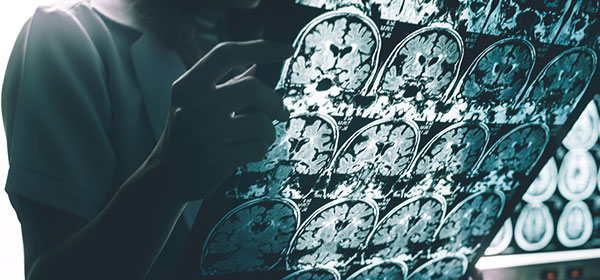Reversing memory deficits and impairments in spatial learning is a major goal in the field of dementia research and a team of researchers has now made a key breakthrough in this field.
A lack of knowledge about cellular pathways critical to the development of dementia has long stood in the way of significant clinical progress in this area. But researchers may have found a drug that may represent a significant clinical advance in this area.
Researchers at the Lewis Katz School of Medicine at Temple University (LKSOM) have demonstrated that tau pathology, the second-most important lesion in the brain in patients with Alzheimer’s disease, can be reversed in mice through the use of a drug.
“We show that we can intervene after disease is established and pharmacologically rescue mice that have tau-induced memory deficits,” the researchers explained.
The study, published online in the journal Molecular Neurobiology, raises new hope for human patients affected by dementia.
The researchers landed on their breakthrough after discovering that inflammatory molecules known as leukotrienes are deregulated in Alzheimer’s disease and related dementias. In experiments in animals, they found that the leukotriene pathway plays an especially important role in the later stages of the disease.
“At the onset of dementia, leukotrienes attempt to protect nerve cells, but over the long term, they cause damage,” Dr Domanico Praticò said. “Having discovered this, we wanted to know whether blocking leukotrienes could reverse the damage, whether we could do something to fix memory and learning impairments in mice having already abundant tau pathology.”
After 16 weeks of treatment, animals were administered maze tests to assess their working memory and their spatial learning memory.
Compared with untreated animals, tau mice that had received the drug zileuton performed significantly better on the tests than those that received no treatment. Their superior performance suggested a successful reversal of memory deficiency.
To determine why this happened, the researchers first analysed leukotriene levels. They found that treated tau mice experienced a 90 per cent reduction in leukotrienes compared with untreated mice.
“Inflammation was completely gone from tau mice treated with the drug,” Dr Praticò said. “The therapy shut down inflammatory processes in the brain, allowing the tau damage to be reversed.”
Do you think doctors will eventually be able to reverse the effects of dementia in humans?
Related articles:
Dementia prevention starts when?
Dementia linked to medication use
Dementia drug leads to early death
This article contains general information about health issues and is not advice. For health advice, consult your medical practitioner.

